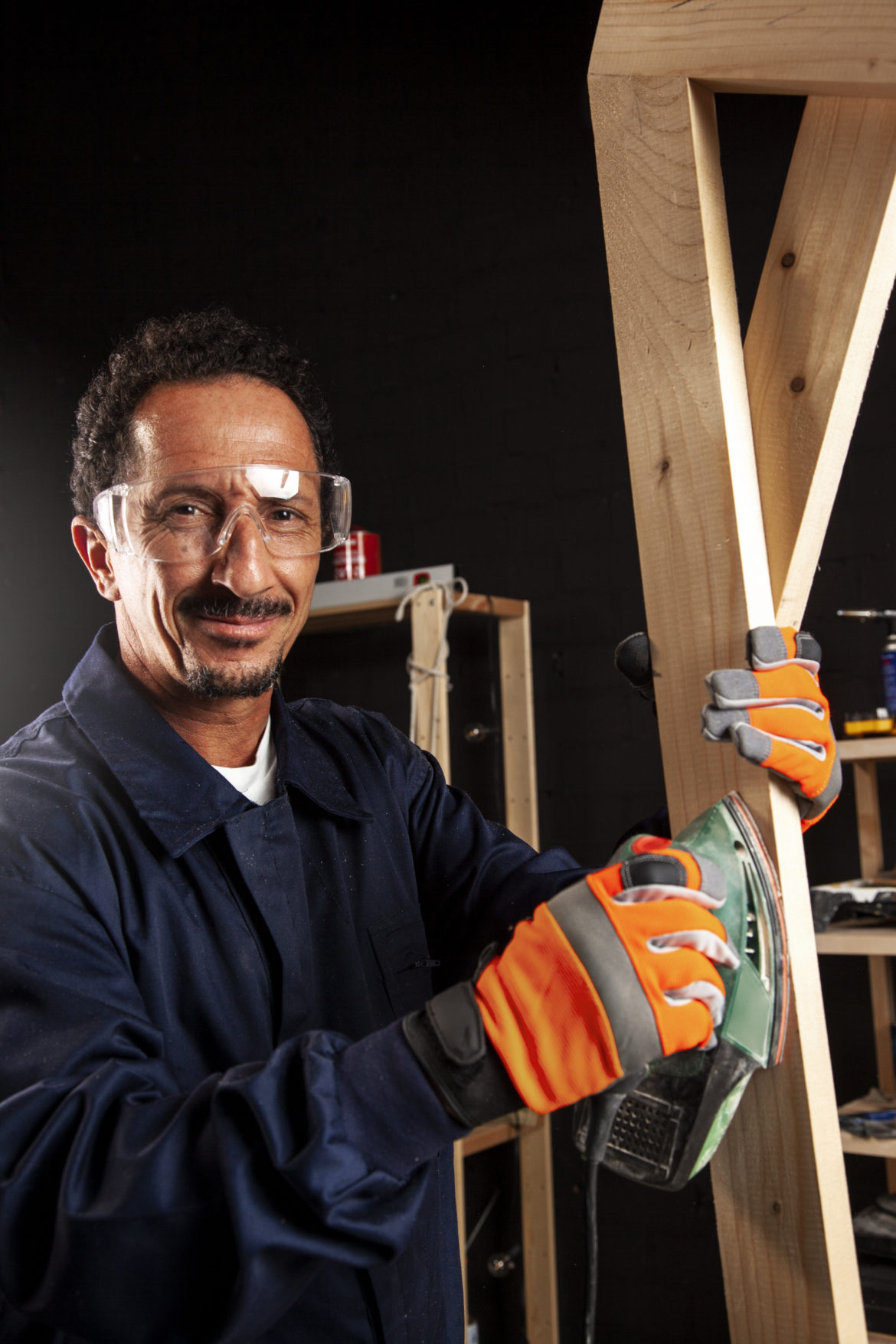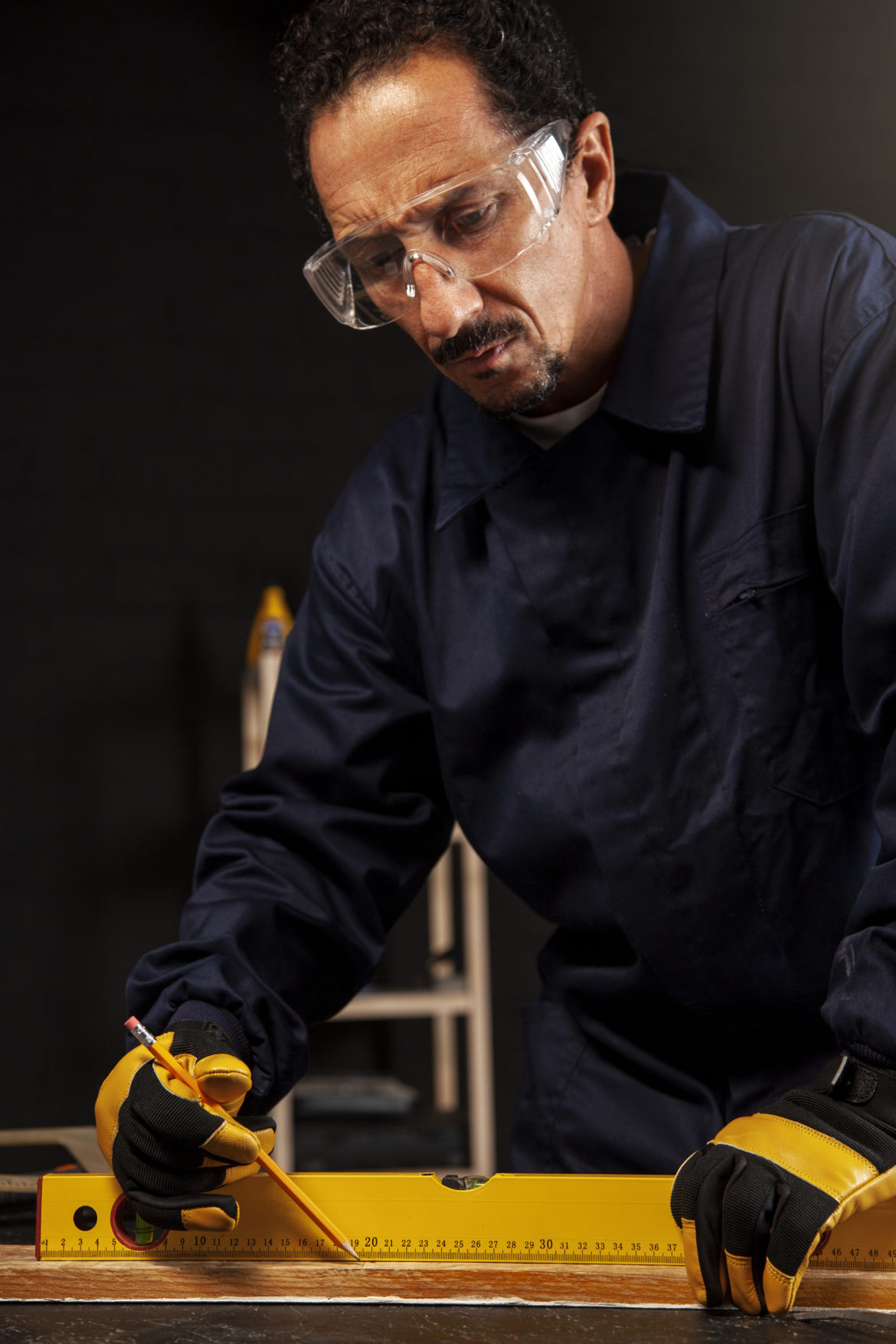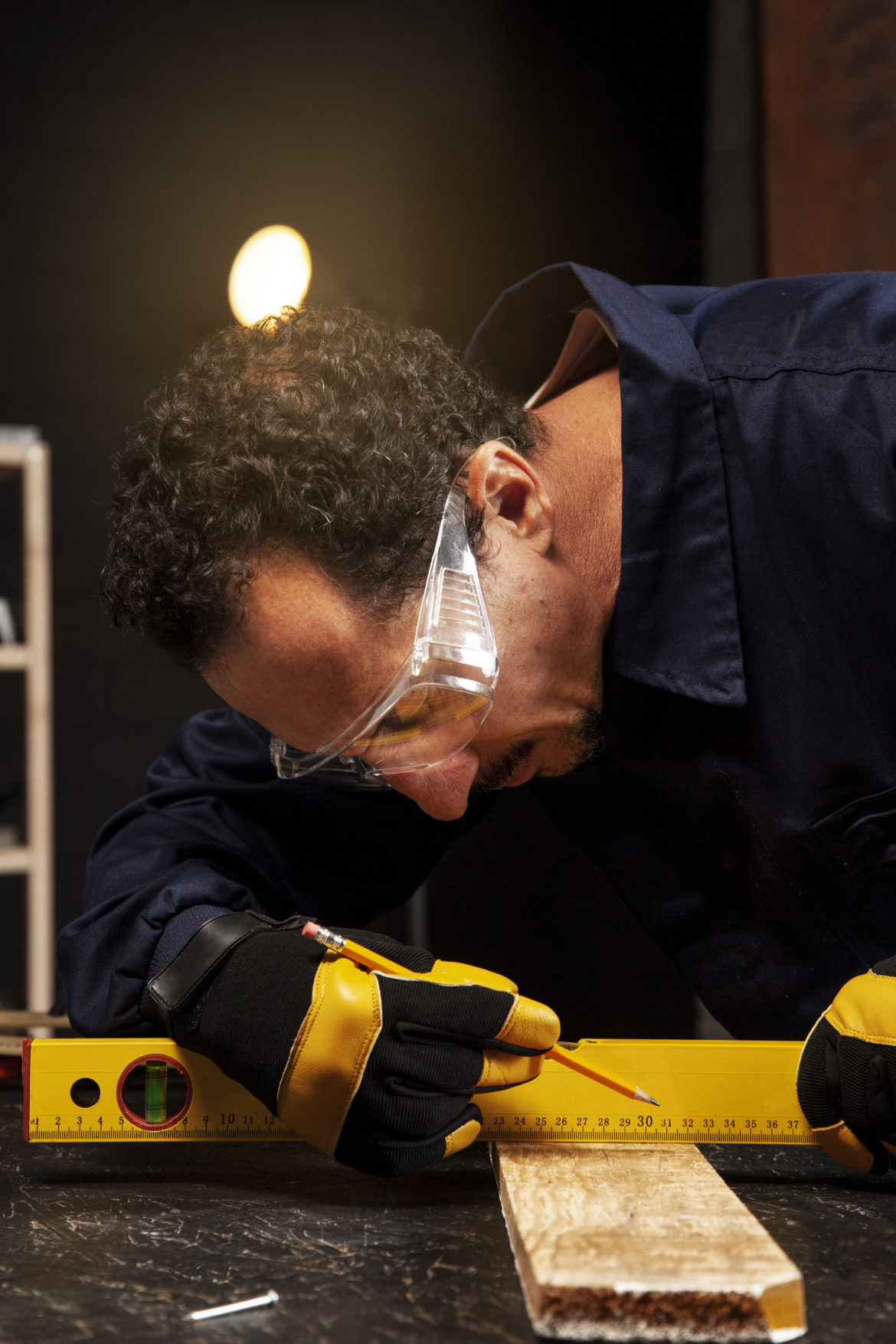A Lifetime of Fixing Things
Frank Miller never planned to start a business in his 60s. After retiring from a long career in manufacturing, he thought he’d finally get to relax, spend time with his wife, and maybe do a little fishing. But after a few months of slow mornings and too much TV, he started feeling restless.
“I’ve always been the guy people call when something breaks,” Frank says. “My mom, my wife, my neighbors—they all knew I could fix just about anything. I guess it’s just how my brain works. I see a problem, and I figure out how to make it right.”
Turning a Hobby Into a Business
One day, a neighbor asked him if he could fix a broken cabinet. Then another needed help with a leaky faucet. Before he knew it, word had spread around town that Frank was the guy to call for home repairs.
“My wife joked that I was busier in retirement than I was when I had a job,” he laughs. “I realized people were happy to pay for something that felt natural to me. So I figured—why not make it official?”
Frank registered Miller Handyman Services, got a simple logo printed on a few work shirts, and started taking small jobs around the neighborhood.
The Freedom of Being His Own Boss
Unlike his old job, where he had to punch a clock and follow a schedule, Frank now works when he wants and takes only the jobs he enjoys.
“I’m not looking to build a big company with employees and trucks. I just wanted something flexible—something that lets me work on my terms while still making good money.”
His schedule is simple: a few jobs a week, just enough to stay busy and bring in some extra income. He takes on everything from furniture assembly to minor plumbing and electrical work.
“I tell people, if it’s something I’d fix in my own house, I can probably fix it in yours.”
More Than Just a Paycheck
For Frank, this business isn’t just about the money—it’s about staying active, using his skills, and helping people.
“I like seeing the look on someone’s face when I fix something they thought was a lost cause. It’s satisfying, and it keeps me sharp.”
He’s also found a new sense of purpose.
“When you retire, people stop asking you for things. You start to feel like you’re not as useful as you once were. But with this business, I still feel needed. And that means a lot.”
The Perfect Balance
Now, a few years in, Frank has built a solid reputation. He gets all his work through word-of-mouth and has a steady stream of loyal customers.
“I don’t advertise, I don’t hustle for work—it just comes to me. And the best part? If I want to take a week off, I do. No boss to ask, no stress. Just me, my toolbox, and a job well done.”
Frank’s advice to others thinking about starting something later in life?
“If you’ve got a skill people need, give it a shot. You don’t have to go big—just start small and see where it takes you. Turns out, retirement isn’t about slowing down. Sometimes, it’s about finally doing what you love—on your own terms.”



